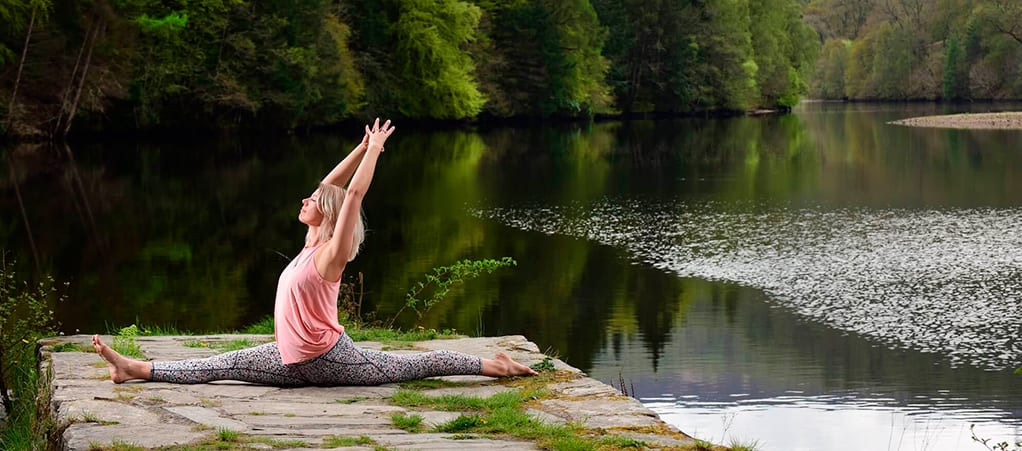Returning to nature: how forest bathing and ecotherapy promote health and well-being

In today’s world, where urban noise and stress have become part of daily life, many of us are seeking ways to restore balance and tranquility. One of the most remarkable and effective methods for achieving this is by reconnecting with nature. Forest bathing and ecotherapy, which offer restoration through interaction with the natural world, are becoming increasingly popular as ways to support both mental and physical health.
Forest bathing: immersing yourself in nature for renewal
Forest bathing, or shinrin-yoku, is a Japanese practice that focuses on mindful immersion in a forest environment. This practice involves slow, contemplative walks through the woods with an emphasis on experiencing the surrounding sights, sounds, and smells.
Research shows that forest bathing significantly reduces stress levels, improves mood, and enhances overall well-being. Participants in these activities often report decreased cortisol levels, the stress hormone, and better sleep. Doctors and researchers confirm that spending time in the forest lowers blood pressure and boosts immune system function.
Examples of successful forest bathing practices around the world highlight its benefits. In Japan, Forest Therapy Japan offers organized forest walks where participants can experience complete harmony with nature. In Europe, Eden Forest Retreats provides secluded weekends filled with meditation and relaxing forest strolls.
Ecotherapy: nature as medicine
Ecotherapy, or therapy using nature, encompasses various methods aimed at improving mental and physical health through interaction with the environment. This can include gardening, participating in environmental volunteer projects, or simply spending time outdoors.
One notable example of successful ecotherapy is therapeutic gardens, such as those at Therapeutic Gardens in the UK. These gardens are designed for individuals suffering from depression, anxiety, and other mental health conditions. Research shows that working in the garden and interacting with plants helps reduce stress and improve mental health.
Mental and physical impact of being in nature
The mental and physical impact of spending time in nature cannot be underestimated. Fresh air, natural light, and contact with vegetation contribute to the release of endorphins, which help us feel happier and more relaxed. Nature also enhances concentration and creativity, making it an ideal remedy for recovery after a stressful day.
The future and importance of nature-based practices
Looking ahead, returning to nature and using ecotherapy will continue to gain popularity. As more people recognize the importance of balancing digital and natural worlds, ecological practices and forest bathing will become integral to a healthy lifestyle.
Caring for oneself is not just about physical health but also about inner peace. Returning to nature and harnessing its therapeutic potential can be your first step towards restoring balance and enhancing your quality of life. Whether it's a forest walk, gardening, or simply spending time outdoors, nature offers unique and powerful means for self-care and achieving inner harmony.
